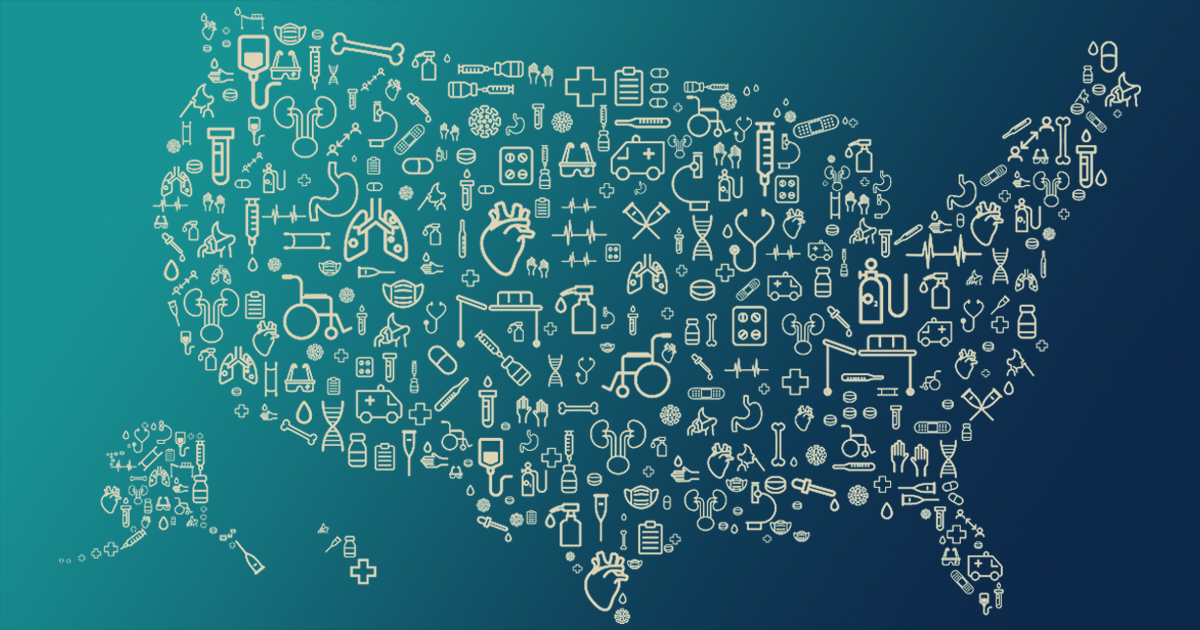The Association of State and Territorial Health Officials (ASTHO), National Network of Public Health Institutes (NNPHI), and Public Health Accreditation Board (PHAB) have launched a new Implementation Center Program to support public health agencies (PHAs) modernizing their data systems.
The COVID-19 pandemic shed light on persistent infrastructure challenges in public health data. The public health data system is still not equipped to produce and exchange the real-time data necessary to respond to or prepare for emerging threats. Workforce depletion, underfunded systems, and other challenges all contribute to the difficulties of modernizing and sustaining the public health system. Without careful planning and focused resources, PHAs will continue to face these long-lasting data challenges, leaving them further behind the curve than ever before.
The new $255 million Implementation Center Program, funded through the Centers for Disease Control and Prevention’s (CDC’s) Public Health Infrastructure Grant (PHIG) program, will address data challenges by providing tailored support and technical implementation services to accelerate data exchange between health care and public health organizations. The goal of the program is to improve the timely prevention and detection of public health threats by reducing the burden of data exchange between PHAs, health care providers, and the communities they serve. The program will initially focus on two outcomes: adoption of the latest health information technology standards to exchange data with health care, laboratories, and other data providers; and participation in data exchange networks such as the Trusted Exchange Framework and Common Agreement (TEFCA).
Mathematica is one of three implementation centers selected by ASTHO, NNPHI, and PHAB to support this effort by providing direct technical implementation services to PHAs. As an implementation center, Mathematica will collaborate with PHAs to accelerate their data modernization efforts through direct technical assistance.
“State and local public health agencies are the front-line of health improvement, emergency response, and disease prevention,” said Joshua Baker, vice president of Mathematica’s state health practice. “They are overdue for data system investments and a pathway to sustainable funding. Mathematica is excited to support state-led development of nimble and secure public health data infrastructure for the public good.”
“Every PHA faces unique challenges in their pursuit of data modernization and ensuring their communities are provided high-quality public health programs and services,” said Amy Wodarek O’Reilly, project director of Mathematica’s Implementation Center Program. “The Implementation Center Program will enable us to partner with PHAs, understand their unique use cases, and tailor our approach to fit their needs. Mathematica prides itself on being a champion for making progress together, and we look forward to collaborating with public health agencies to achieve lasting impact on their public health data ecosystems.”
“The implementation centers will bolster vital public health data modernization efforts,” says Joseph Kanter, MD, MPH, ASTHO CEO. “This effort builds on the important investment that CDC is making into public health infrastructure, with the understanding that data modernization is not a one-time endeavor but rather an ongoing effort essential to the operation of modern, effective health departments.”
More information on the project is available on Mathematica’s website and the PHIG Partners website.
This press release is supported by the National Network of Public Health Institutes, Inc. (NNPHI) through a grant with the Centers for Disease Control and Prevention of the U.S. Department of Health and Human Services (HHS) as part of a financial assistance award totaling $225,000,000 with 100 percent funded by CDC/HHS. The contents are those of the author and do not necessarily represent the official views of, nor an endorsement, by CDC/HHS, the U.S. Government, or the NNPHI.


